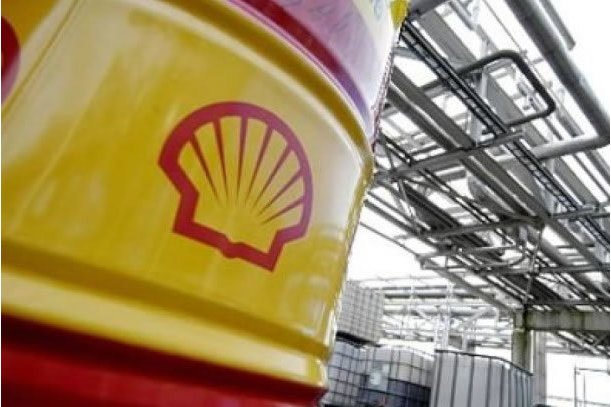Latest News
Shell must not be allowed to divest from Niger Delta until clean up –SOMO

News Highlight
Shell must not be allowed to simply walk away from this most emblematic of unjust energy transition cases, says Audrey Gaughran, Executive Director of SOMO.
Shell, the Anglo-Dutch oil giant, should not be allowed to divest from the onshore oil industry in the Niger Delta, in southern Nigeria, before it takes responsibility for its toxic legacy of pollution and the safe decommissioning of abandoned oil infrastructure, says Centre for Research on Multinational Corporations (SOMO) in a new report.
The report says Shell is leaving behind petroleum-contaminated rivers and streams and large areas of polluted land that have devastated the lives and livelihoods of millions of people living in the Niger Delta. By divesting from its onshore assets in the region, SOMO says Shell is trying to avoid responsibility for the environmental degradation caused by its operations.
“Shell must not be allowed to simply walk away from this most emblematic of unjust energy transition cases,” says Audrey Gaughran, Executive Director of SOMO.
According to a statement sent to Financial Nigeria by SOMO, while Shell has offloaded its problem assets in the Niger Delta, it is still involved financially in some of the new operations or will buy the oil they produce.
Related News
Latest Blogs
- The Museum of West African Art saga
- The complexity and complication of Nigeria’s insecurity
- Between bold is wise and wise is bold
- Prospects of port community system in Nigeria’s maritime sector
- Constitutionalism must anchor discipline in Nigerian Armed Forces
Most Popular News
- NDIC pledges support towards financial system stability
- Artificial intelligence can help to reduce youth unemployment in Africa – ...
- ChatGPT is now the most-downloaded app – report
- Green economy to surpass $7 trillion in annual value by 2030 – WEF
- CBN licences 82 bureaux de change under revised guidelines
- Africa needs €240 billion in factoring volumes for SME-led transformation






